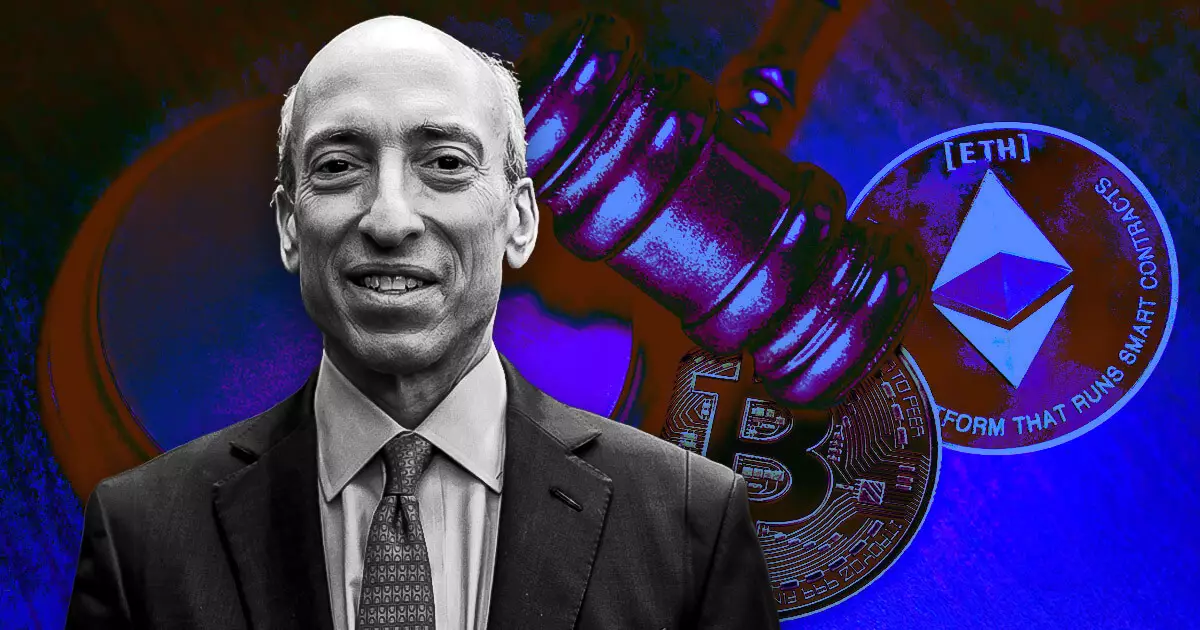Recent reports indicate that the U.S. Securities and Exchange Commission (SEC) is poised to reject applications for two spot Solana (SOL) exchange-traded funds (ETFs). This revelation comes from Bloomberg’s senior ETF analyst, Eric Balchunas, who implied that these decisions represent a significant moment for the cryptocurrency sector as current SEC Chair Gary Gensler prepares for his upcoming departure. Scheduled to leave his position on January 20, 2025, Gensler’s tenure has been marked by strict regulatory scrutiny, particularly around the classification of cryptocurrencies as securities.
According to Fox News, Gensler’s apparent refusal to approve any new crypto-related ETFs raises questions about the SEC’s stance on digital assets before a leadership transition. Sources familiar with the matter have suggested that the rejections are not merely regulatory formalities but rather a strategic choice made in light of Gensler’s impending exit.
With Gensler stepping down and Paul Atkins, confirmed by President-elect Donald Trump, taking over the SEC’s chairmanship, there remains considerable speculation about the future of Solana ETFs. Balchunas predicts that the current issuers are likely to resubmit their applications under the new administration. However, the barriers to approval could remain, given the SEC’s present view of Solana as a security in ongoing litigation.
James Seyffart, another Bloomberg ETF analyst, opines that Gensler’s firm position on the Solana ETF applications reflects the regulator’s need to maintain consistency in its approach to crypto assets. The rationale here is that approving an ETF for SOL would contradict the SEC’s ongoing legal claims about its classification as a security. Seyffart describes the current applications as “dead in the water,” pending a shift in regulatory strategy once a new chair is in place.
The delay in approving Solana ETFs could impact investor sentiment and market dynamics surrounding cryptocurrencies. The current timeline for potential approval has been pushed, with Seyffart noting that his previous estimates anticipated a resolution by August 2025. This extended timeline highlights the growing complexities in the regulatory landscape for digital assets, raising concerns about the SEC’s broader approach to crypto regulation.
Furthermore, the SEC’s actions, particularly in the Binance case, seem to reflect a tough stance against perceived violations within the crypto space. Ripple’s chief legal officer, Stuart Alderoty, recently indicated that the SEC is vigorously pursuing the Binance lawsuit, underscoring the regulator’s commitment to crack down on what it considers illicit activities in the industry. The 81-page document filed by the SEC, which argues for the dismissal of the Binance lawsuit, could effectively serve as a blueprint for how the agency intends to enforce its regulations moving forward.
As the crypto market braces for a potential shake-up following the SEC’s leadership change, the fate of Solana ETFs remains uncertain. Industry stakeholders and investors are keenly awaiting a clearer regulatory framework that could foster an environment ripe for innovation and investment in digital assets. Until then, the market must navigate the complexities and challenges posed by current regulations and the inevitable shifts that will follow Gensler’s departure. The future of crypto, particularly in terms of ETF accessibility, will largely depend on the new SEC administration’s willingness to adapt to an evolving financial landscape.



















Leave a Reply